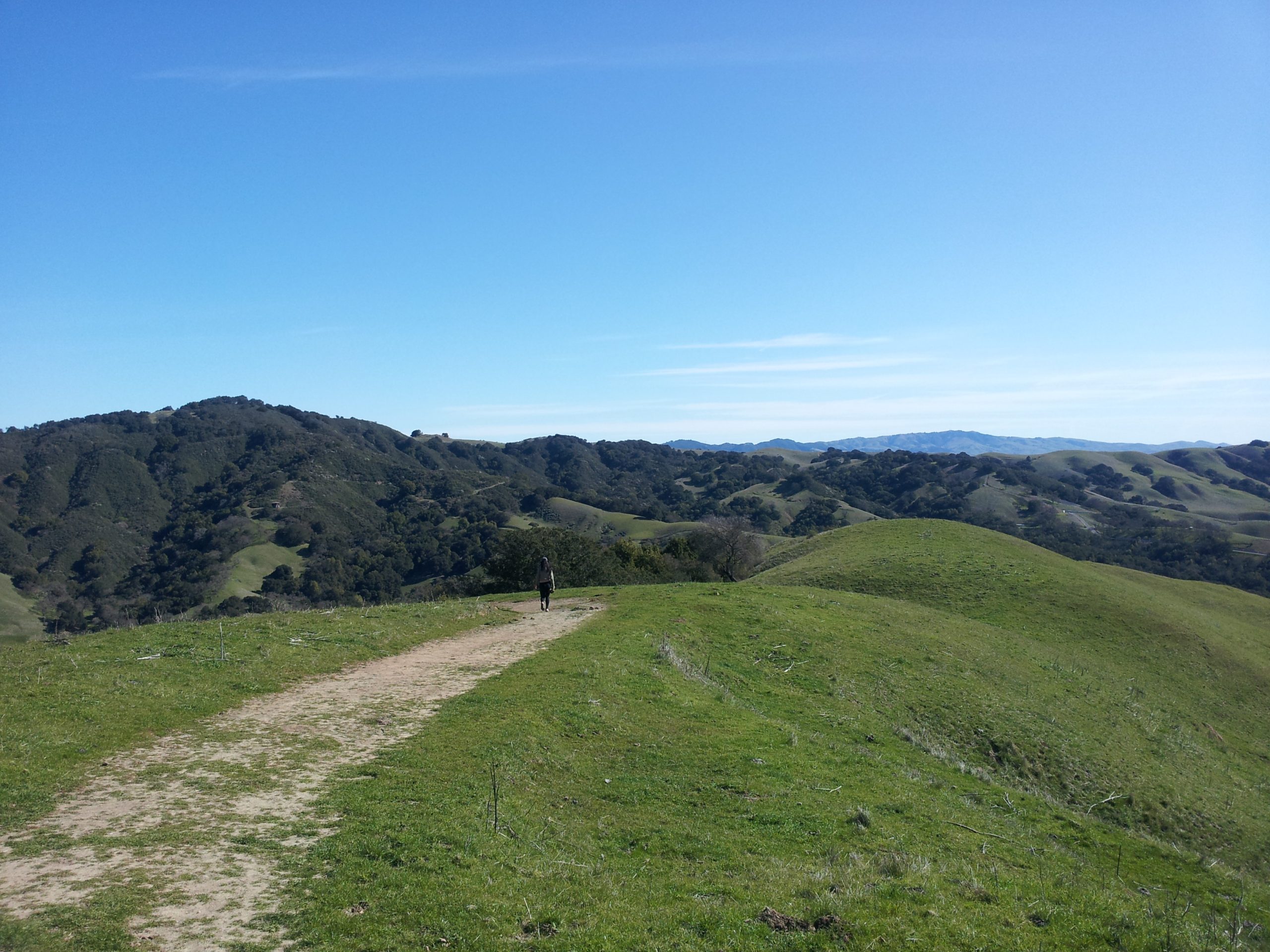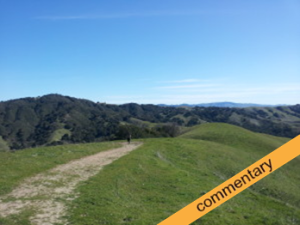Seeking Latino Mentors in Conservation

This month I had the opportunity to attend the California Green Summit in Sacramento, CA. The recent article by New America Media highlighted some key points and it is a great summary of what to take away for policy makers. Read it as a good recap.
However, I submit for review a few other observations to complement those reports.
As I was live-tweeting the event, I tweeted an observation that I wondered if I could count the number of Latinos in the room on one hand. I did not expect the tweet to be retweeted, but I did hear some similar observations afterward.
That is not to say that the summit was not inclusive. In fact, a key panel focused on this issue, capping off the findings of the CLCV’s CA Latinos on the Environment Survey.
In addition, many of the presentations and speakers hit that point home: diversity was not just an ecological term, it needed to be reflected in the general conservation movement.
But going beyond highlighting poll findings, calling for more diversity, and re-affirming Latino interest in environmental and conservation issues, it is important to reflect upon what action was being done to move the issue. Presenting concrete examples, key case studies, and opportunities to share and mentor are key.
That last point was noted by some speakers on the panel: We have to take the opportunity to mentor.
Specifically, a lawmaker on the key guest panel stated this to the whole room, stressing that mentoring should be a key component in building the type of movement we want to see, especially with Latino communities and environmental/conservation issues.
This resonated with a question a young professional asked—and that I would have asked myself: how do young Latino professionals interested in these issues being connect with mentors that are already connected and have influence?
Conversely, how do mentors provide opportunities to welcome and support young Latino professionals interested in environmental and conservation issues?
At the moment there is a lot of focus on youth in high school and college via the form of internships or similar programs. But what happens after college or with other young professionals looking to help with these issues? What networks of support can they access? How are mentors reaching out to those who could be ideal mentees? And ultimately where are the actual employment opportunities for this? Internships and AmeriCorps positions are great places to start, but what is the professional network that helps those ready to take next steps?
I do not simply throw these questions into the void and I do say them in any accusatory manner. I honestly can claim that as I have reached out to individuals for guidance, feedback, and support, many have offered their thoughts and time. Yet it feel like there could be more opportunities to weave networks of support and mentoring opportunities as we develop this idea of Latino leadership in conservation—current and future.
[Photo by Jose Gonzalez]

